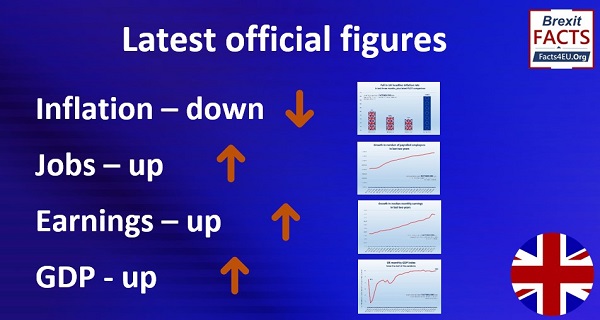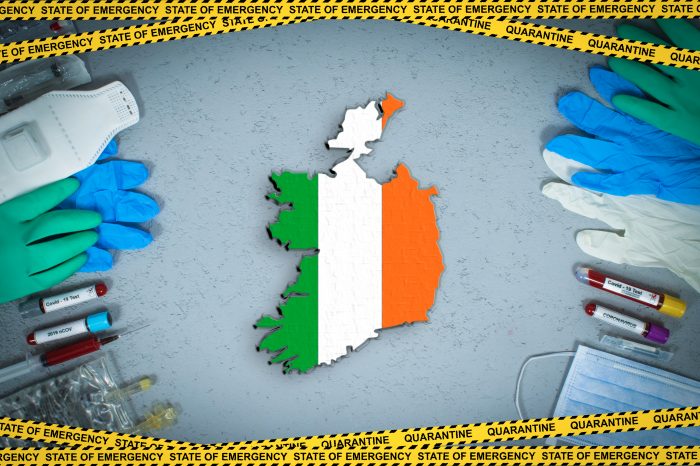Mr Cameron’s dream of social justice destroyed by the EU
All political lives, unless they are cut off in midstream at a happy juncture, end in failure, because that is the nature of politics and of human affairs. Enoch Powell on Joseph Chamberlain
Recent events, including the resignation of Iain Duncan Smith from the position of Secretary of State for Work and Pensions dedicated to social reform, highlight the contradictions of our continuing membership of the European Union (EU). Membership is not a victimless crime, but instead one which causes great suffering for the most vulnerable and socially excluded in our society. It also destroys the worthwhile political ambitions of ministers striving to make the UK a more just and socially mobile country, putting reforming Prime Minister and reforming Minister at loggerheads.
James Kirkup writing in the Daily Telegraph, on 20th March noted: ‘People close to David Cameron know that what really drives and excites him is not reforming the EU (whatever he says in public, the topic bores him) or balancing the budget. Those things may dominate his Government’s agenda, but friends say what raises his political passion is ‘social reform – ensuring that people born without his privileges can share a little of the riches he has known all his life”.
If we give Mr Cameron the benefit of the doubt and assume Kirkup is telling the truth, the Prime Minister should understand that his consuming passion cannot be accomplished whilst we retain EU membership for various practical reasons, some of which are illustrated below.
EU tax, waste and corruption, increasingly takes away much needed funding that could be better used here on the needy or facilitating social mobility, especially for the poorest. Mr Duncan Smith resigned over the Welfare Budget being used as a ‘Cash Cow’ – effectively robbing poor disabled UK Peter to pay, bribe and subsidise rich EU Paul.
EU rules undermine new per capita wealth creation, the source of social mobility and generally rising living standards for all. State welfare spending can only be funded by a highly competitive and ‘profitable’ private sector. Instead of new wealth creation, the EU pursues policies of re-distributing existing wealth (sometimes from the poorest to the richest through higher prices, taxes and subsidies to inefficient industries) and effectively of wealth destruction. Also, EU regulations increasingly restrict the ‘space’ and opportunist flexibility needed for businesses and people to grow and achieve in a fast moving, highly competitive world.
Uncontrolled EU migration places increasing strains on welfare budgets and critical national infrastructure. These need long term plans, development and investment which cannot be made accurately where future demand is unknown. With the increasing demands on the welfare state and no corresponding boost to wealth creation, the net result is an increasingly unaffordable drain on the productive economy.
The EU undermines motivation, self-reliance and prevents re-balancing the relationship between state and citizen. As EU control expands in domestic (national) income and expenditure it increasingly prevents change, adaptation to local circumstances and action in accordance with democratic mandates.
The negative effects of EU membership are occurring at a time when EU welfare state model(s) are becoming increasingly unaffordable, especially as the EU member states are becoming less competitive. The EU accounts for only 7% of the world population, 25% of world GDP but a staggering 58% of the world’s welfare bill. (For more information see Matthew Lynn writing in the Daily Telegraph on 23rd March Europe is now drowning under the cost of welfare bills)
As outlined above (and proven by recent events), continuing EU membership and a desire for social reform, especially to improve the lot of the most vulnerable and socially excluded, are incompatible. It is also unlikely that the EU could be changed to make these aims complementary. The EU has shown a marked reluctance to engage in reform, to control its indulgent, ever-increasing budget or to fix problems largely of its own creation. The EU’s meddling in domestic affairs is likely to increase as it pursues its aim of creating a single polity or Superstate, which will just create more problems. So far, the EU’s track record has led to increasing levels of poverty for many, especially in southern Europe. The failure of the Euro, increasing debts and uncontrolled migration affect the poorest most, making social mobility increasingly difficult.
James Kirkup also wrote in his article: ‘If Mr Cameron cannot make good on his fine words about One Nation and social mobility and equality of opportunity, and thus disprove the charges Mr Duncan Smith levels against him, then his life in politics has all been for nothing.’
So behind all the spin, Mr Cameron really does have a compassionate side and wants to make a difference. Unfortunately, he has chosen to fight for continuing membership of the unreformable, immovable EU, ruled by a privileged élite. He will thus have sacrificed his dearest ambition on the altar of the failing European project and with it, his hopes of leaving a worthwhile legacy of social reform. If he is remembered at all, it will be as a Prime Minister who failed, and the socially excluded and most vulnerable in particular will have to suffer the consequences of his failure for many years afterwards.







